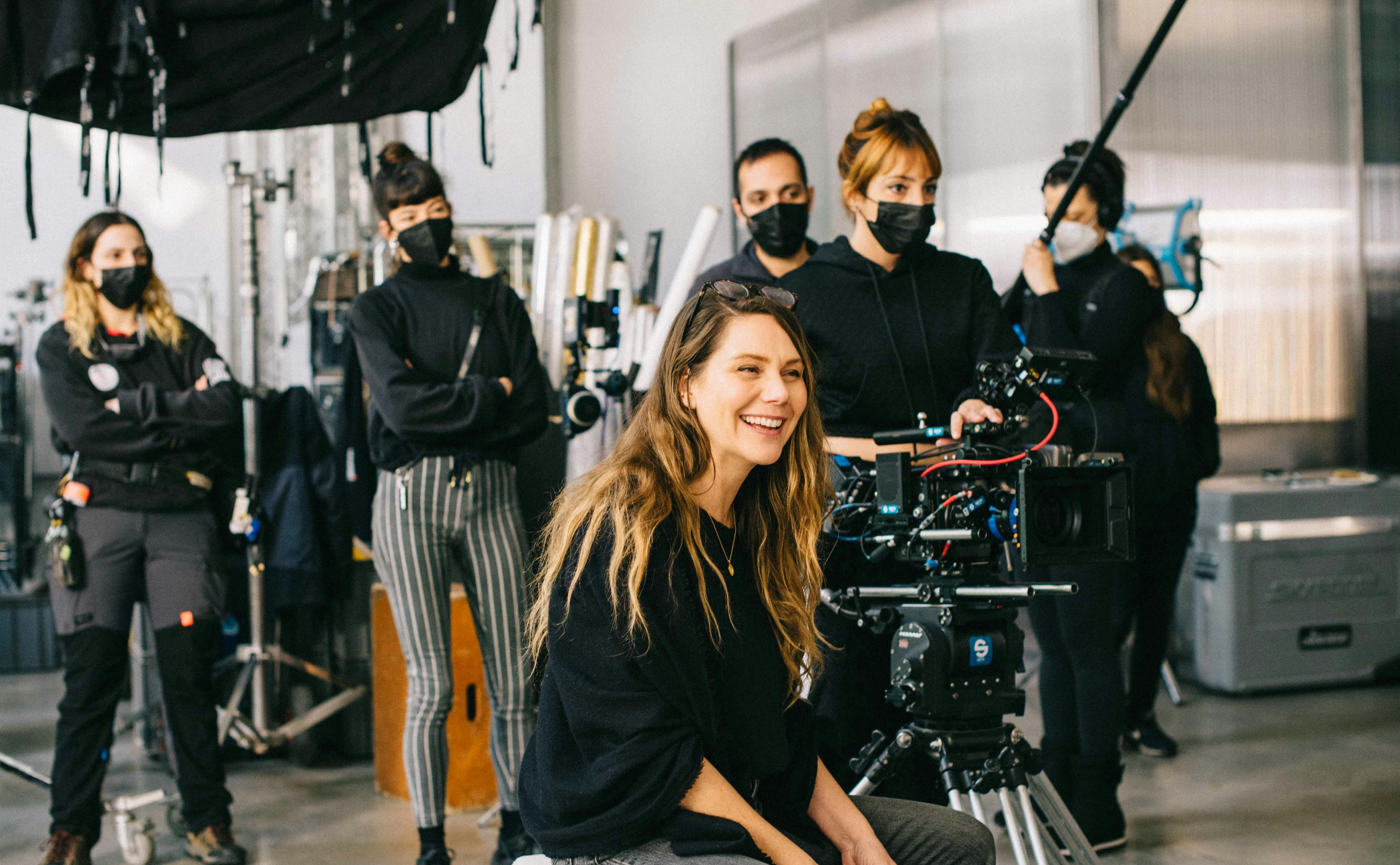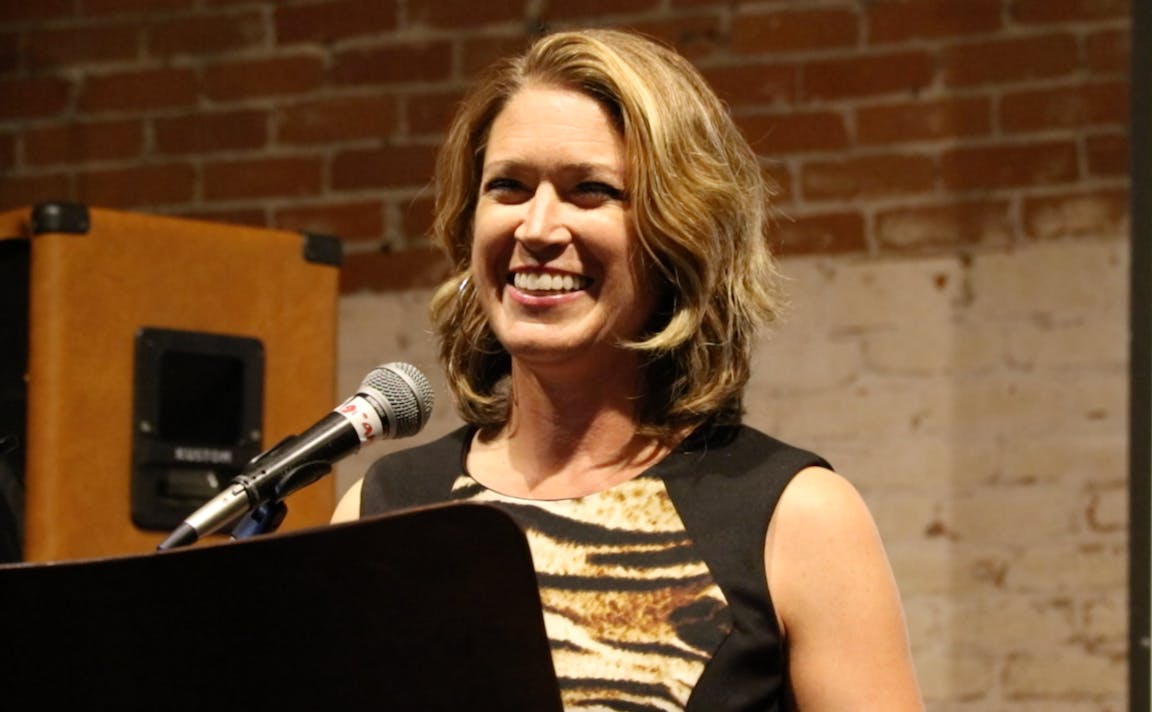How To Talk To Your Kids About Masturbation
How To Talk To Your Kids About Masturbation
As well as an adult filmmaker, I am also a mother to two teenage daughters. And when it comes to speaking to children about masturbation - I understand that it can be difficult and that the stigma that society has created around self-pleasure, especially when it comes to children, makes it even harder to talk about. That’s part of the reason why I created my non-profit project, The Porn Conversation with easy-to-read scripted guides for parents to use when they feel at a loss for words. To encourage my fellow parents out there, I am sharing my top tips below on how to begin the masturbation conversation this masturbation month.
1. Keep the tone of the conversation casual
As awkward as it might feel to begin this conversation…don’t panic, stay calm. Your child will follow your lead. Showing that you are able to speak about masturbation in a way that is calm and collected only normalises the practice. By avoiding shaming language such as “You shouldn’t do that” and “What do you think you are doing?”, you show that there is nothing to be ashamed of when it comes to masturbation and that you are comfortable speaking about self-pleasure.
2. Be pleasure-positive
Children are curious and many like to explore their bodies - and when they find it comforting or pleasurable to touch their genitals, we as adults have the opportunity to reaffirm that we understand that it feels good. We don’t want to run the risk of creating any negative feelings about their body-image or sexual curiosities in the future. Whether your child has begun to explore self-pleasure or not, this conversation is the perfect opportunity to bring the topic of pleasure to the forefront. That pleasure feels good and that it is empowering to be curious about their own anatomy.
3. Let them know it deserves privacy
Oftentimes when a child is beginning to explore self-touch, they may not be aware that it is an act to be done in private. When a young child may be masturbating in a public space, you can take this moment to redirect any feelings of shame or embarrassment to express that you understand it feels good, but it is a behaviour that deserves to be done in private. Offer them options of where and when may be a good time to explore self-touch, like in their bedroom or shower, but that it is not something to be done outside those spaces.
4. Build trust
Be clear it is a judgment-free conversation by saying, “I am not here to judge you for being curious. I am here to support you.” This approach validates your child’s natural curiosity for pleasure and ensures your child that they have a safe space to go to when they do have questions about sex and sexuality in the future. Let your child know this is a private conversation that won’t be shared with others without their consent. Tell them, “I won’t share what we spoke about today with anyone else unless you tell me that it’s okay with you.” The goal here is to show your child that they have a safe space to go to when they do have questions about sex and sexuality in the future.
Navigating these conversations is never easy, especially for parents like myself who didn’t have these conversations with our own parents. But we have the power to change that with our own family. We may have a long way to go when it comes to normalizing the act of masturbation when it comes to children and teens. But as a sex-positive parent, I believe this change is coming closer and I encourage all my fellow parents out there to speak about masturbation with their children this masturbation month.

GET A FREE MOVIE












